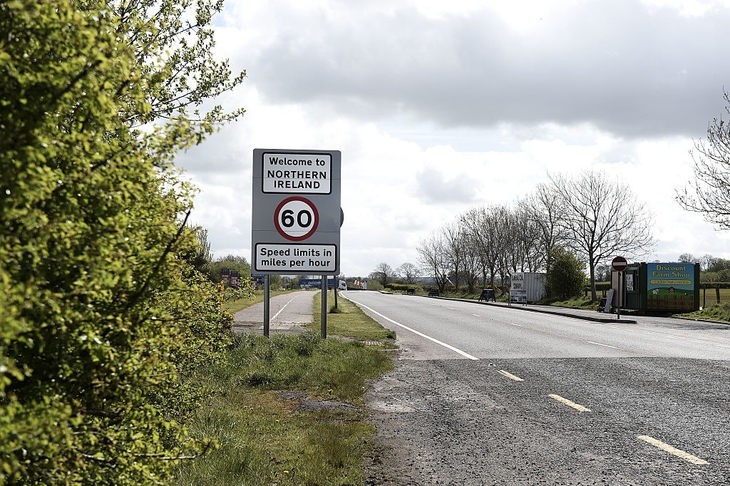The most contentious part of Theresa May’s Brexit deal are the Northern Ireland specific provisions of the backstop. These would see various EU rules and regulations apply in Northern Ireland even after the UK has left the EU. If they came into force, they would create—in some areas—a kind of regulatory border in the Irish Sea.
But, as I say in The Sun this morning, these provisions might be illegal under European Human Rights law. A case in 1999 brought against the UK government, the Matthews case, at the European Court of Human Rights established that people have a right to vote in elections to the parliaments that set their laws.
Under the backstop, the European parliament would help decide the law in Northern Ireland but without any representation for the people of Northern Ireland.
I understand that the government’s advice is that it would survive a legal challenge along these lines. But if these backstop provisions did come into effect, then there is already talk of a legal challenge being mounted.







Comments